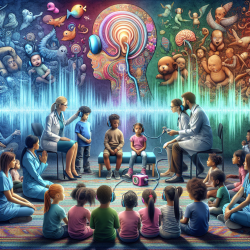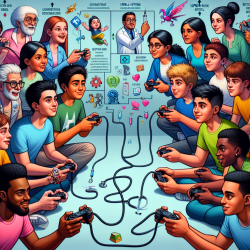Standard treatment for OPGs often includes radiotherapy and surgery. However, due to the significant toxicity associated with irradiation, chemotherapy has emerged as a preferable first-line treatment, especially for younger children. The study assessed 27 children aged between 1.5 and 15.7 years who were treated with chemotherapy. The findings underscore the importance of considering chemotherapy as a primary treatment to preserve intellectual outcomes.
Key Findings
- Children treated with chemotherapy alone had a mean IQ of 107±17, compared to a mean IQ of 88±24 in children who also received radiotherapy.
- Children with neurofibromatosis type 1 (NF1) treated with chemotherapy had a mean IQ of 80±13, indicating additional cognitive challenges.
- Scores for abstract reasoning, mental arithmetic, and other cognitive functions were significantly lower in children who received radiotherapy.
- Short- and long-term memory impairments were notably severe in children with NF1.
Implications for Practitioners
Practitioners should consider the following strategies based on the study's findings:
- Prioritize Chemotherapy: For children with OPGs, especially those without NF1, initiating treatment with chemotherapy can help preserve intellectual outcomes and delay the need for radiotherapy.
- Monitor Cognitive Functions: Regular neuropsychological assessments should be conducted to monitor cognitive functions and tailor rehabilitation programs accordingly.
- Individualized Rehabilitation: Develop personalized rehabilitation programs that focus on areas such as abstract reasoning, memory, and visual-spatial skills, particularly for children who have undergone radiotherapy or have NF1.
- Further Research: Encourage ongoing research to explore the long-term cognitive outcomes of different treatment modalities and refine therapeutic approaches.
By implementing these strategies, practitioners can significantly improve the cognitive outcomes for children with OPGs. The study highlights the potential benefits of a chemotherapy-first approach, offering a less toxic alternative to radiotherapy and promoting better intellectual preservation.
To read the original research paper, please follow this link: Neuropsychological outcome in children with optic pathway tumours when first-line treatment is chemotherapy.










